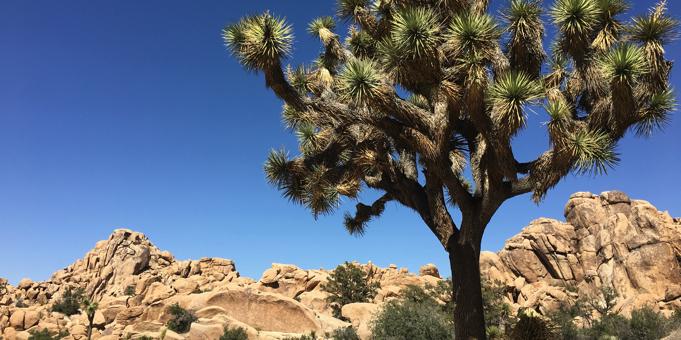Before You Go
Pack light and minimize flights. Jets use a lot of fuel, but flying is a necessity to get to faraway destinations. Planes use the most fuel especially while taking off and landing, which is a great reason to plan for fewer layovers. Pack light, because planes use more fuel the more they weigh.
Find a green travel agent or company. If you’d rather leave the planning to someone else, no worries. Green travel agents can check in on green certifications of hotels or tour guides, book you an eco-minded cruise, or plan a group trip to a specific place. They can also help you break away from high-traffic tourist spots so you can talk to people in their communities, visit a farm, or see wildlife in a safe and humane way.
Sleep under a green roof. Whether or not your hotel has an actual green roof (some do!), find a place to stay that has a commitment to sustainability. Green hotels use water- and energy-efficient appliances and may wash sheets every few days instead of every morning.
Your green hotel may also be in a green building, with greywater systems, solar panels, and more. Find an eco-minded independent hotel or B&B from the Green Business Network or through the Green Hotels Association.
Bring reusable containers.You carry around a reusable shopping bag and water bottle in your day-to-day life. Why not when you go on vacation? Getting a squashable bag you can put into your purse or satchel will reduce plastic waste when you shop. Same for a reusable water bottle—just make sure to empty it before you go through airport security.
During the Trip
Get where you need to without a car. Once you arrive at your destination, walk, bike, or use public transportation as much as possible to avoid using up gas with a rental car. It saves energy and usually money, too.
If you do need to use a car, try sharing a ride through a carpool site or app, like BlaBlaCar, erideshare.com, or Hitch-A-Ride, which connect users with drivers and riders nearby or in your social network.
Excess cars belonging to ride-sharing companies like Uber and Lyft have contributed to traffic congestion in some cities, so do not rely solely on these apps for everyday use.
Shop and eat locally. Buy from local artisans and eat at local restaurants to give back to communities. Be a smart shopper. Just because you find an item for sale does not mean it is legal to bring it home. The World Wildlife Fund has a “Buyer Beware” guide about how to tell if your souvenir is supporting illegal sales of at-risk species. Ask vendors questions so you don’t waste your money and instead can spend on ethical gifts.
Hire a local guide. Hiring a guide who lives in the area gives back to the local economy. You also may get a chance to see a place a way you might not have before, by hiking or biking, going by water, and hearing about local history and culture.
When You Get Home
Offset your impact. To try to make up for the environmental impact of air or car travel, you can buy carbon offsets, which roughly take as much carbon out of the atmosphere as your trip put into it. This is accomplished by using your funds to support individuals and businesses who are purchasing alternative energy sources or cutting their carbon output.
Take action. Going on vacation can be inspiring, whether it leaves you wanting to help preserve a beautiful part of wilderness or help people across the world. Before you get swept back up in the busyness of life, donate to an organization or make a plan to volunteer and harness your inspiration into action.
This post is from Green America, a national nonprofit that “harnesses economic power — the strength of consumers, investors, businesses, and the marketplace — to create a socially just and environmentally sustainable society.”


Recently on Twitter